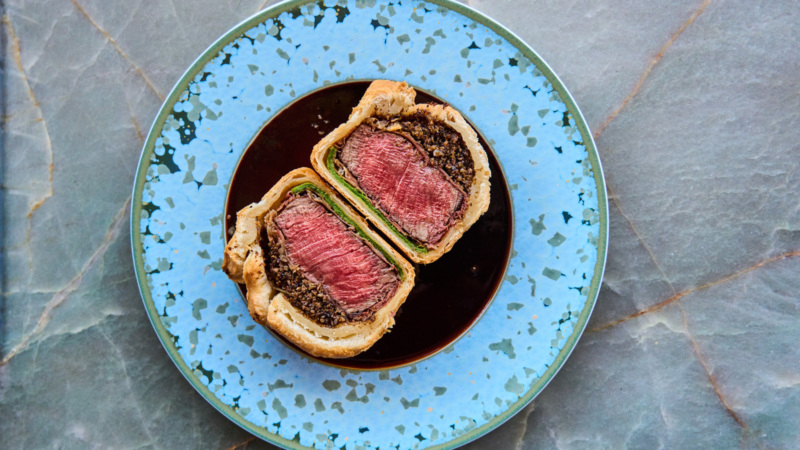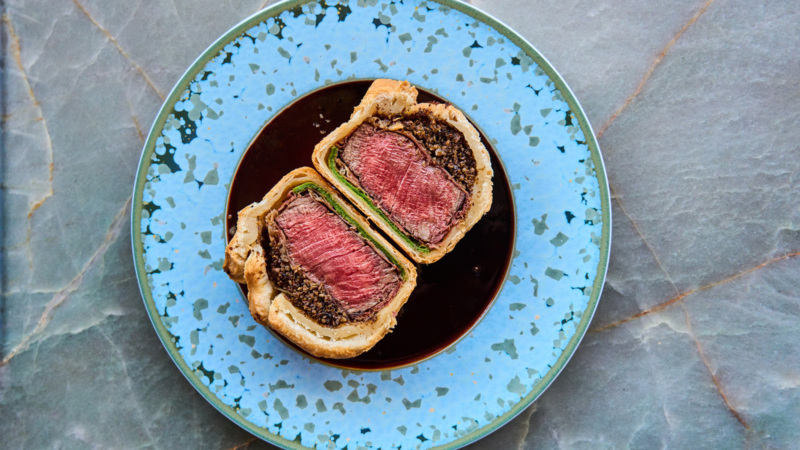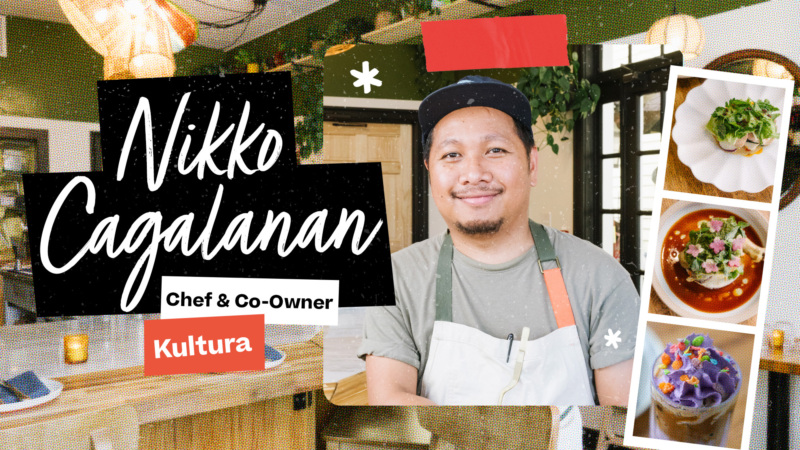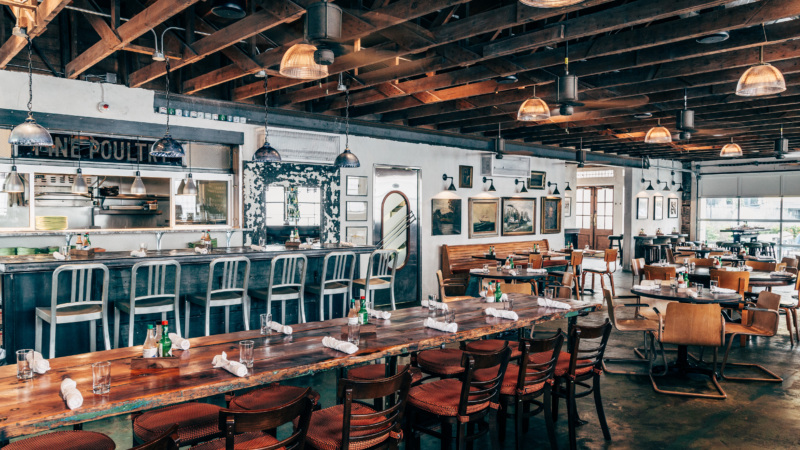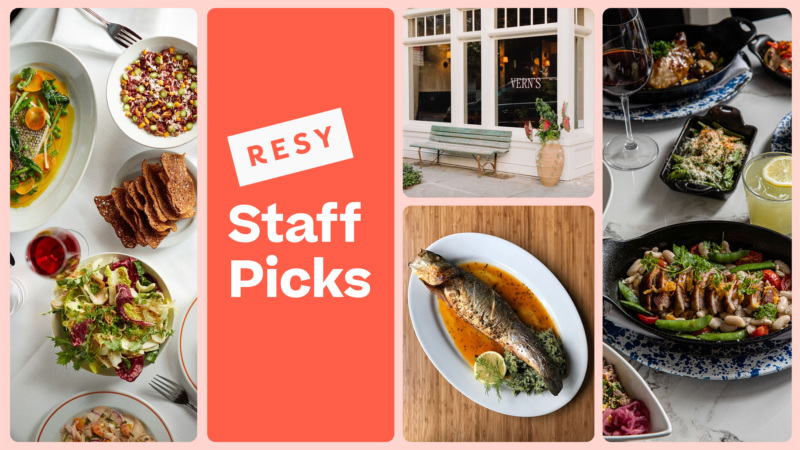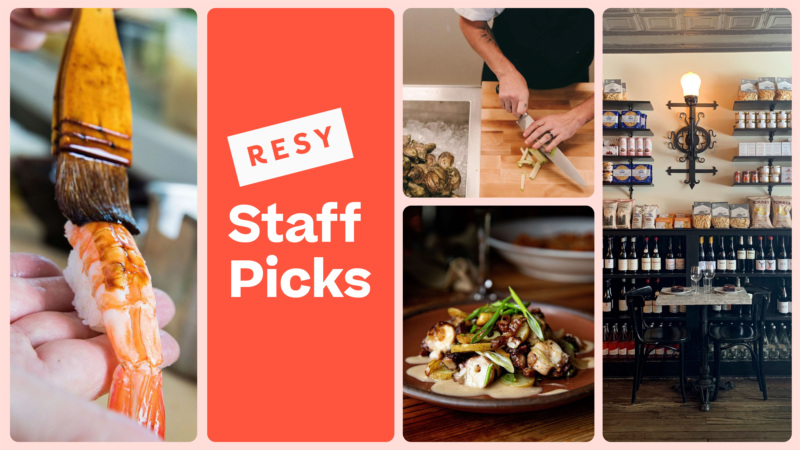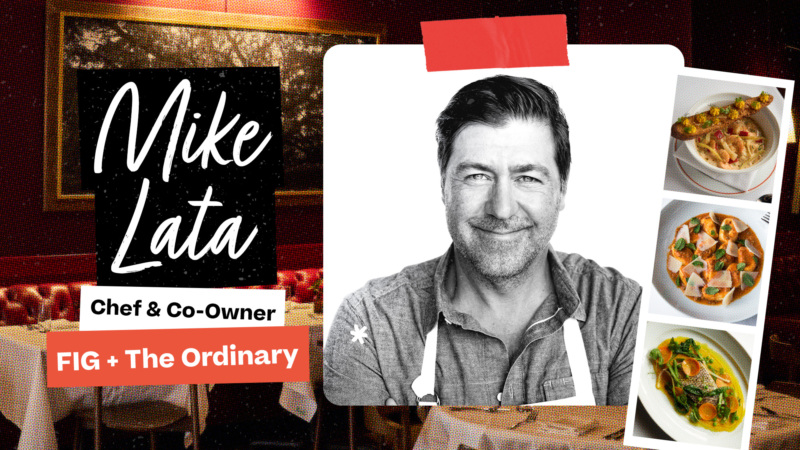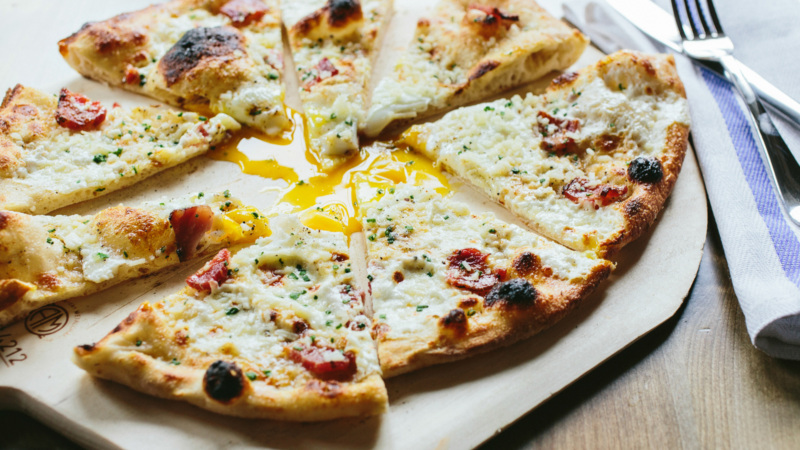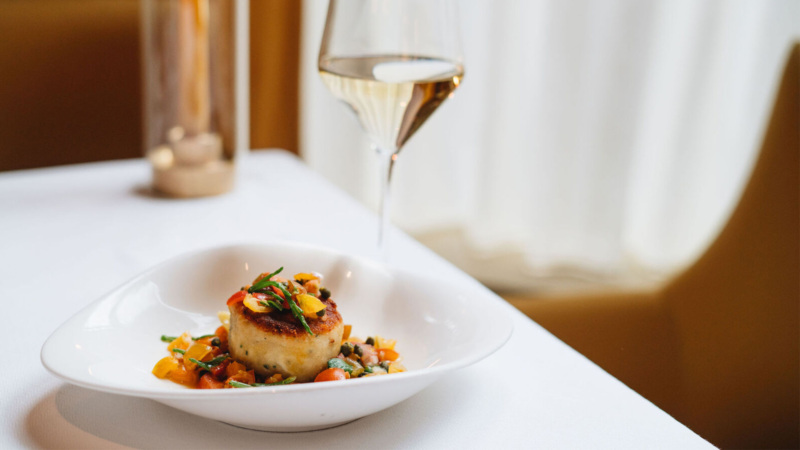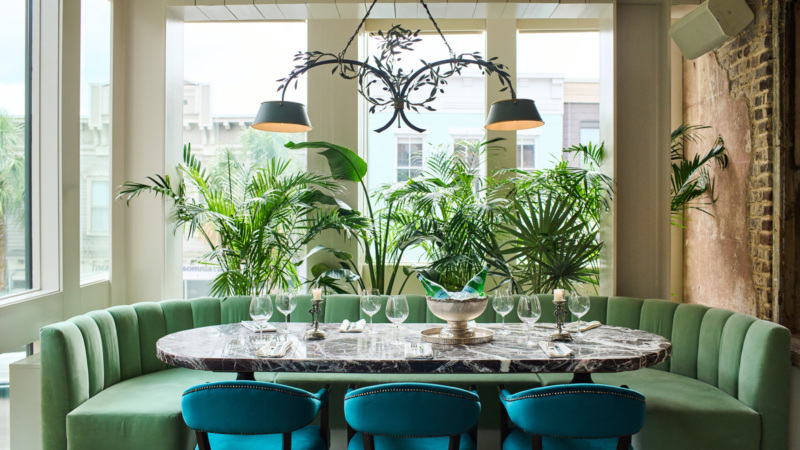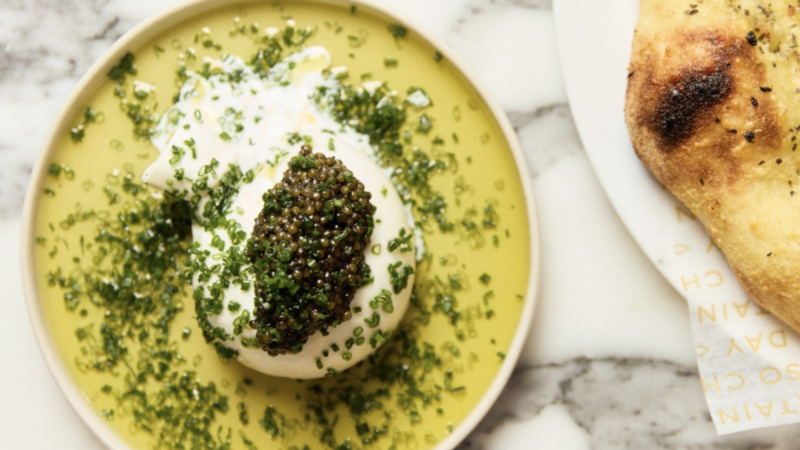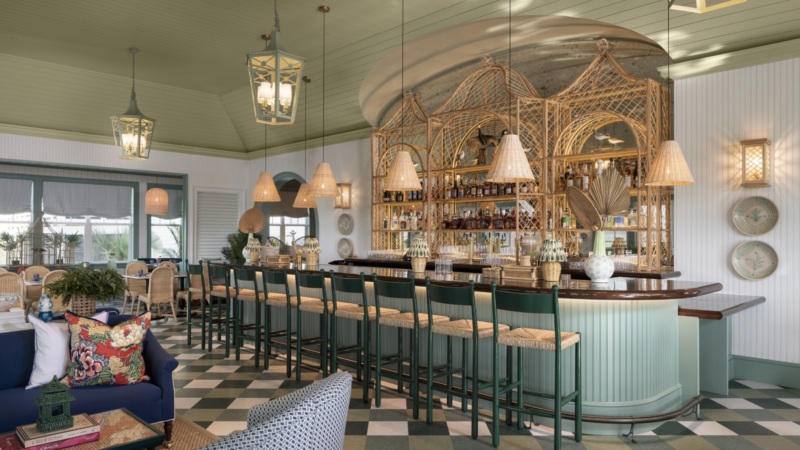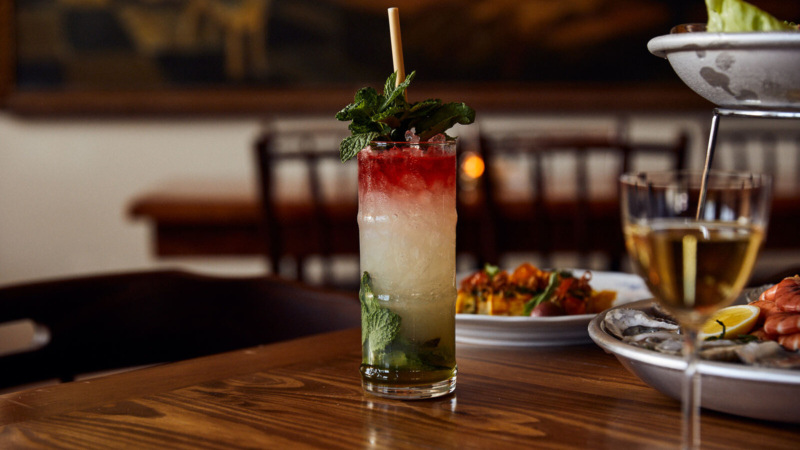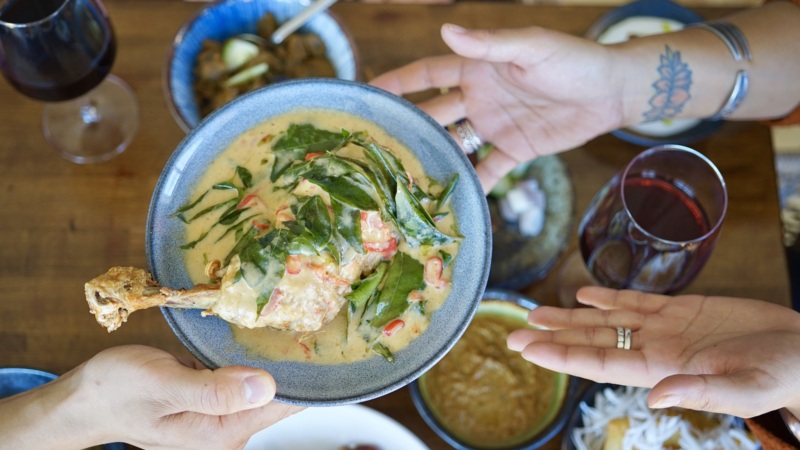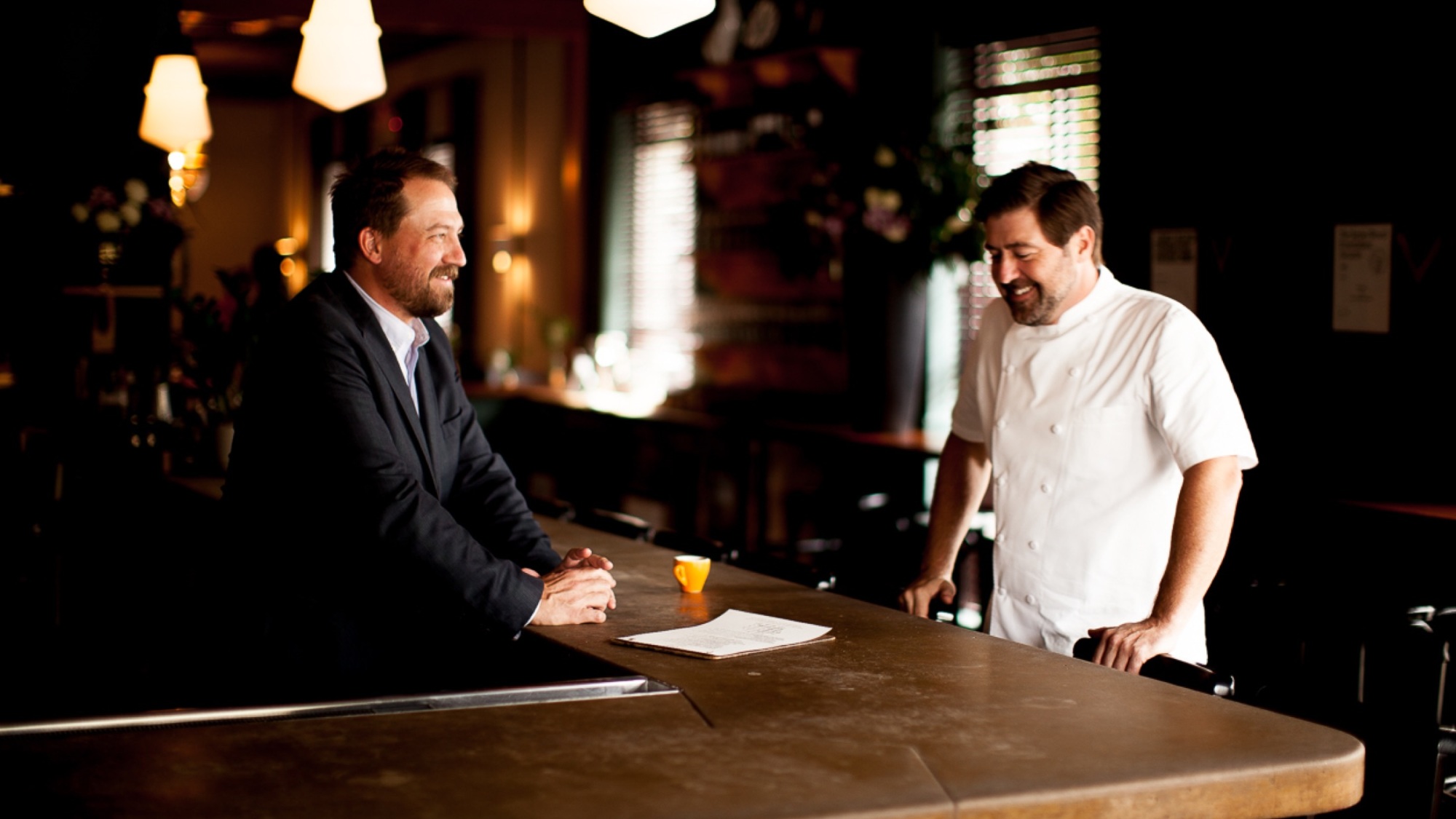
FIG Chef Mike Lata On Hospitality
In 2003, Chef Mike Lata and co-owner Adam Nemirow opened the now-iconic FIG. “What we stand for goes back to the beginning when we first started FIG,” Lata recalled. “We were in a city where the fine dining restaurants were very elite and exclusive, and their check average – as well as the food and wine – was very intimidating to a lot of people. I had been a chef for eight or nine years at that point, and my business partner had been managing restaurants for a while. We were the same age and relatively of the same means and we kept saying, ‘We’d love to do a place, a restaurant, that showcases the seasonality of Charleston.’ So it was farm-to-table way back in the day.
“We wanted to create a setting that was unpretentious and for everybody. And what we’d do is set a price point (at the time) that was very inexpensive. We wanted an intensely educated staff with a very casual approach to fine dining, meaning a “come as you are” dress code. If you wanted to have an elevated experience, we could provide that food and service-wise. But if you just wanted to come in and have dinner and more or less be left alone, that was the neighborhood side of what we were doing. We wanted it to be very well-informed, yet very laid back.”
“FIG stands for ‘Food is Good,’ and, in many ways, what that means is ‘let’s not overthink all this. Let’s not put ourselves before the experience of the guests. We’re here to produce an experience that everyone can enjoy. We’re here to create a business that hopefully is profitable for us so we can support our families, but we’re not going to make it a bigger deal than that. We’re just going to cook really good food and provide really good service and, hopefully, create an experience that is exciting and different in its approach and cuisine.’ This was particularly distinctive at the time, as most restaurants were catering to tourists.”
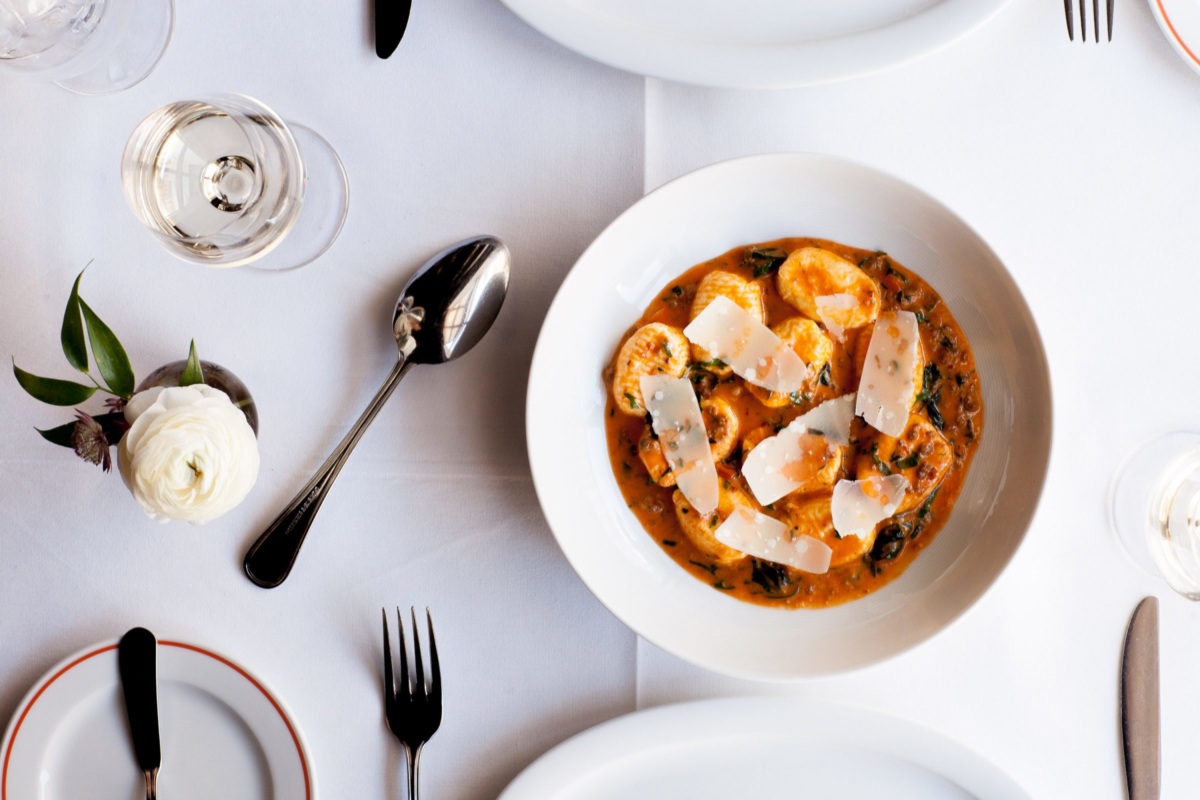
Fast-forward ten years — plus three James Beard Award nominations and a win for Best Chef, Southeast — and the duo opened a second mainstay in Charleston, The Ordinary. “[Like FIG,] The Ordinary is an extension of the same mentality,” Lata explained. “The name is a reference to an eating establishment in the U.K., which back in the day, was a regular eating place; somewhere you’d go and there’s a dish of the day. We wanted a place that focused on seafood and reflected our local bounty. At this seafood brasserie we’re basically saying, ‘We take our craft very seriously, but we’re not going to shove it down your throat.’ We forgo the huge, long stories about the dish or the list of farmers we used that day, and although those things are important, we’re not going to drown you in information and basically hijack your experience. Having been in the business for as long as we have, we realize you’ve got to let people have the experience they want. We’ll guide them through it, but most importantly we want you to tell us what you want. We want to deliver an experience that you’ll remember.”
When reflecting on his own journey, what Lata remembers are his earliest days in the kitchen. “Cooking is genetic for me, for sure. Just from a sensual standpoint, there’s the smell of the kitchen; hearing things being chopped; seeing things freshly dug out of my grandmother’s garden and seeing what she’d make from that. I’d stand by her side and we’d cook things together all the time. I could have been anything I wanted, but I was really into cooking. She knew it. Everybody knew it.”
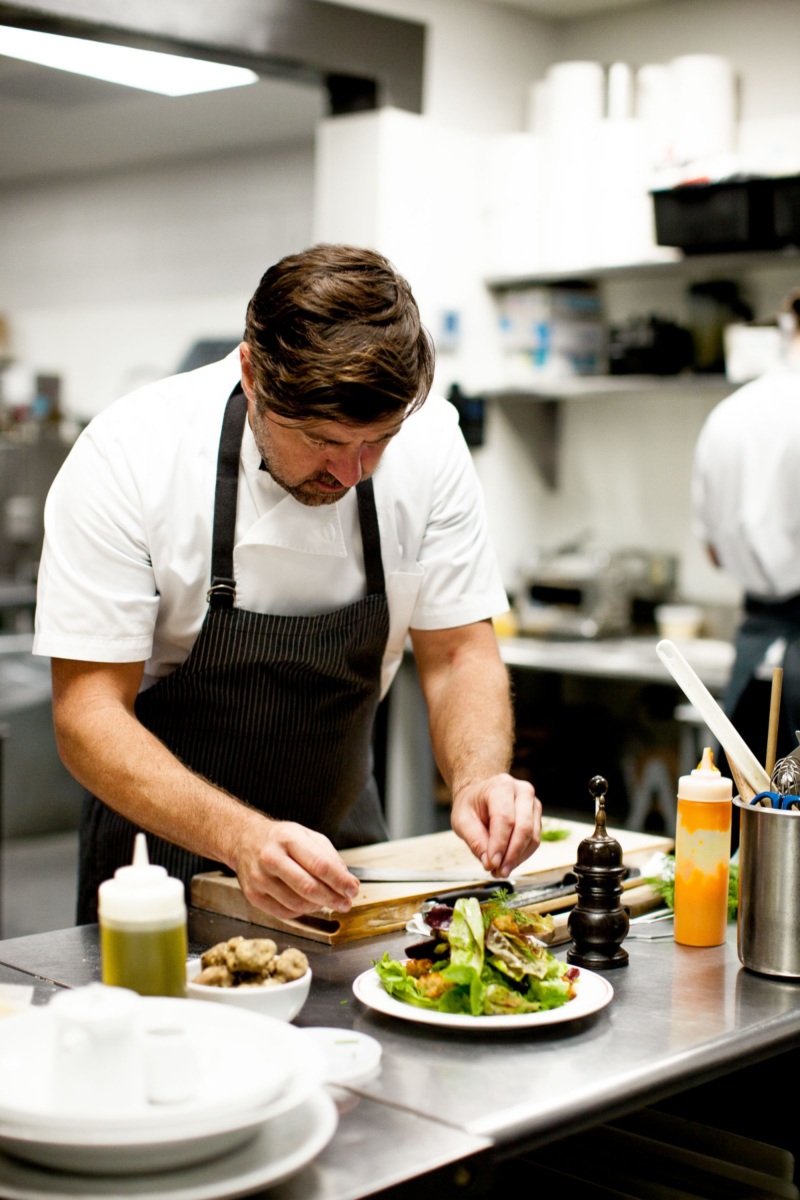
A mom-and-pop shake shack in his native New England provided the first paid job in the kitchen. “As soon as I started, it felt really comfortable. I was interested in pursuing a culinary career out of high school, but I didn’t have any points of reference. I ended up going to Northeast University and then U Mass Amherst to study broadcast journalism. I’d been at Amherst for two weeks and I went to see Julia Child speak. She captivated a room for two or three hours. It was standing room only. The thrust of her lecture was her life through food. She spoke poetically about it for a very long time and it was almost like she was speaking directly to me. I started to wonder, ‘What am I doing with my life?'”
After a nomadic period that led him through restaurants in Boston, Martha’s Vineyard, New Orleans, and Atlanta, Lata found a way to answer that question. Still, it seems his calling stretches well beyond the kitchen, or even running a profitable restaurant, and the idea of hospitality extends beyond the friendly and generous treatment of guests. “I think it’s important for any business to develop a culture, and that culture becomes very important to you,” Lata noted. “We’ve got a great group that’s been with us from the beginning, like Jason Stanhope at FIG and Vandy Vanderwarker at The Ordinary. We have a lot of great people – Morgan (Calcote) at FIG just got another Beard nomination for the wine program,” he gushed.
“I think our story is much richer than what we provide for our guests,” Lata continued. “We keep turning inward and thinking about how special that is. People seem to love being here, and it’s clear how important it is to serve our own team. There’s no question. As we get older and life becomes more complicated, these people really allow us to enjoy our businesses more than if we were in the roles when we first started. Keep the team happy and healthy, and the entire experience is elevated for the guest. It’s reciprocal.”

